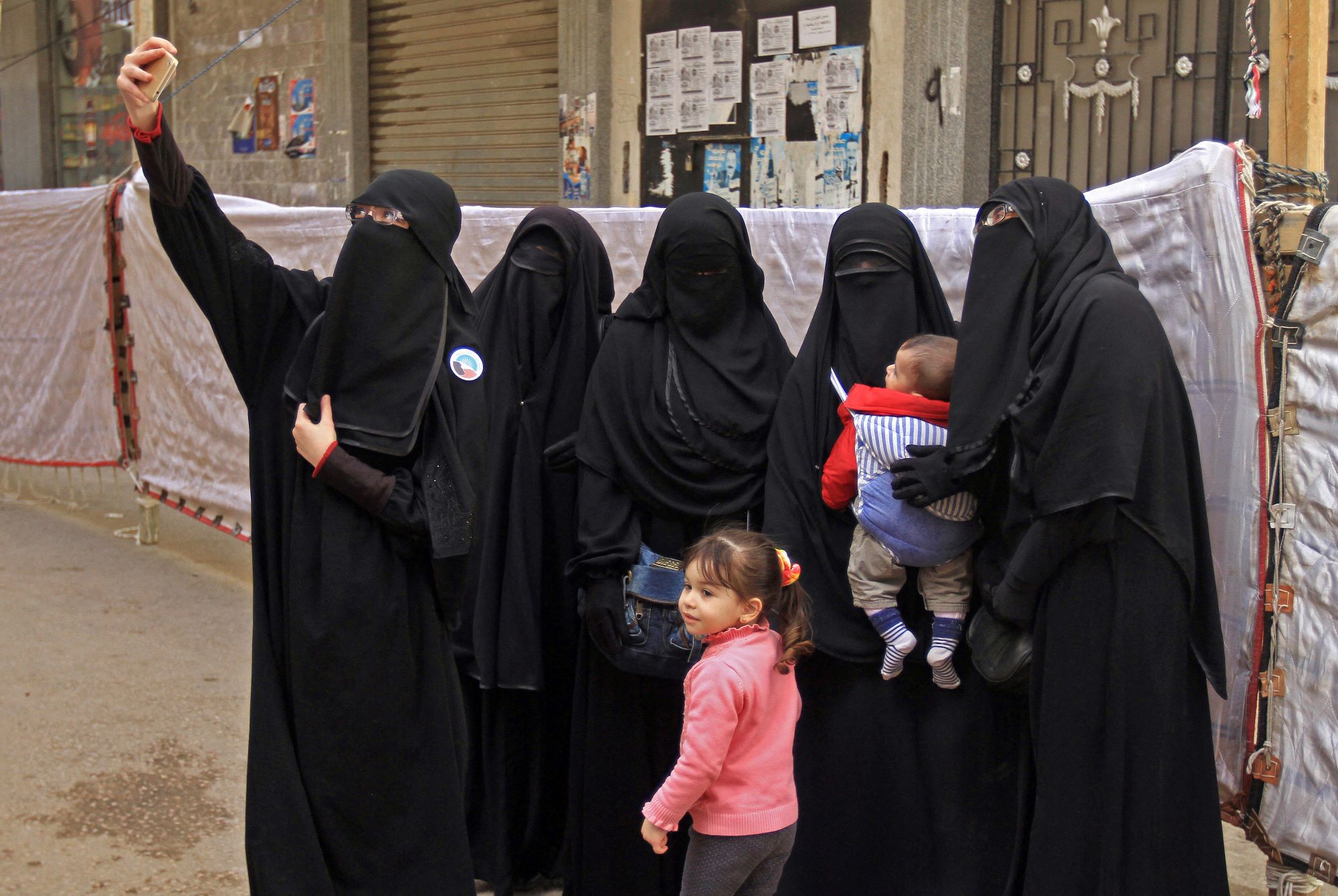The Egyptian government has announced a ban on the wearing of the face-covering niqab in schools from the beginning of the next term on 30 September.
Education Minister Reda Hegazy made the announcement on Monday, adding that students would still have the right to choose whether to wear a headscarf, but insisted it must not cover their faces.
He also said that the child’s guardian should be aware of their choice, and that it must have been made without any outside pressure.



My understanding is that feminists themselves are split on this, sad as that is. At least with respect to the ban in France, I know some feminists have argued in favor of a ban on the hijab, exactly using the “symbol of oppression” argument. I don’t pretend to know what the divide in opinion is among feminists, percentage-wise, but clearly a significant contingent of them are supportive of this bullshit.
Again, I don’t understand why this is such a difficult concept, but it apparently is. That, or my standards for human intelligence are just too high. Probably the latter.
One reason may be that Hijab and Niqab are politicized. Culture wars are happening on the expense of these women who just want a normal life and basic human rights.
Edit: I also just read the news article on Aljazera Arabic and one thing I did like is that they emphasized that all female students are free to wear Hijab as long as it’s their choice and they are not being forced by parents, but there is a full ban on face covers for school-aged girls. This changes my view on a bit, I think up to a certain age it should not be okay to come to school with a totally covered face (unless it’s for some reason necessary). However, once you get to high school level or bans in the workplace, it gets problematic.
I would still have much rather seen schools take a bigger active role in the lives of students who wear the Niqab and discuss the issues with the parents.